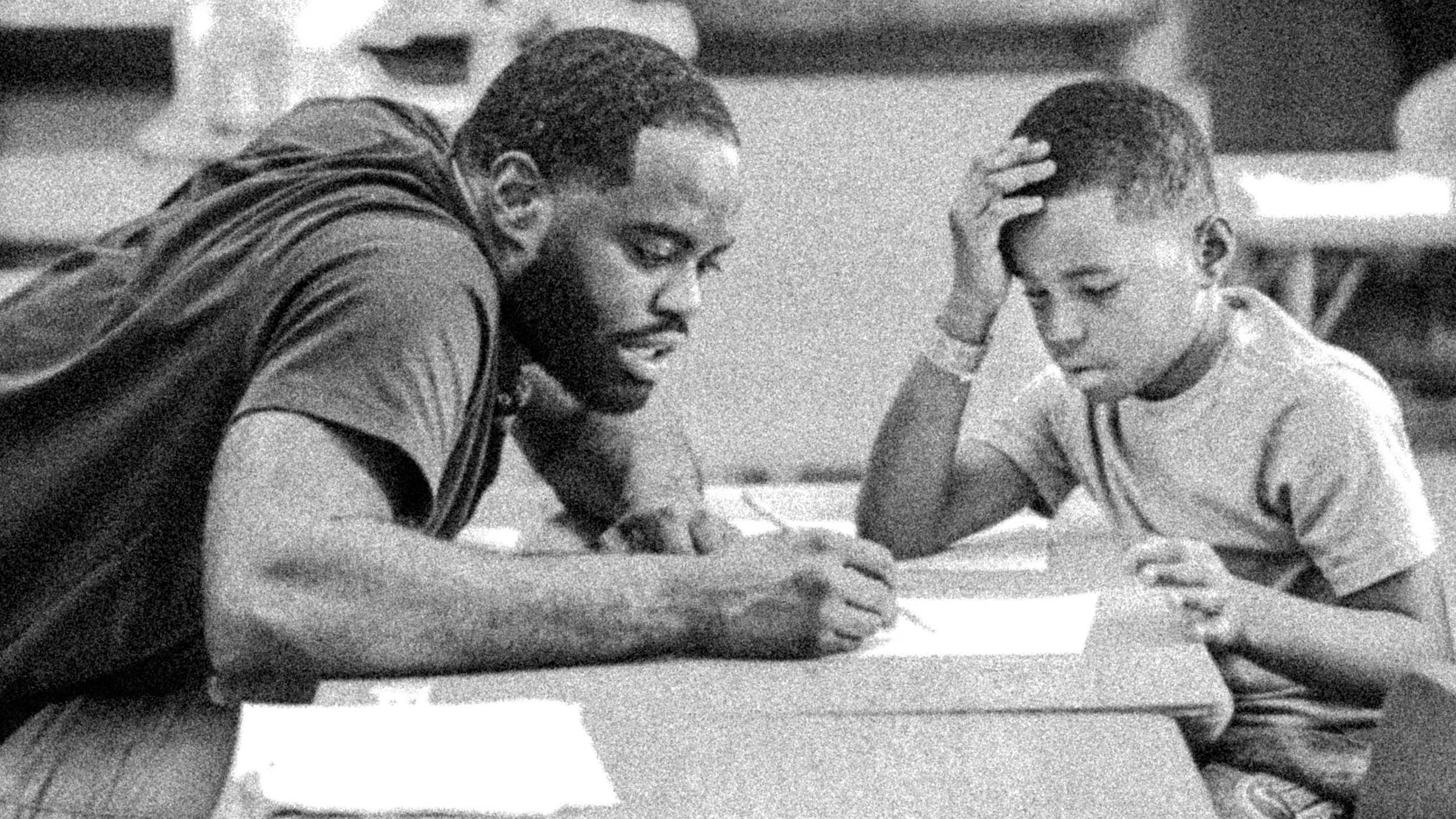teachers Playlist
This month, we consider what it looks like for every teacher to be positioned to learn, lead, and sustain themselves for the long haul.
February 17th Workshop
Book Club
For this month’s workshop, we’re doing a book club to explore different dimensions of teaching.
If you’d like to join, you can check out the excerpts and reflection questions we’ll be discussing here.
-

THE TEACHING BRAIN | Vanessa Rodriguez
“Countering the dated yet widely held presumption that teaching is simply the transfer of knowledge from one person to another, The Teaching Brain weaves together scientific research and real-life examples to show that teaching is a dynamic interaction and an evolutionary cognitive skill that develops from birth to adulthood.
With engaging, accessible prose, Harvard researcher Vanessa Rodriguez reveals what it actually takes to become an expert teacher.”
-

TEACHING WHEN THE WORLD IS ON FIRE | LISA DELPIT
Is it okay to discuss politics in class? What are constructive ways to help young people process the daily news coverage of sexual assault? How can educators engage students around Black Lives Matter? Climate change? Confederate statue controversies? Immigration? Hate speech?
In Teaching When the World Is on Fire, Delpit turns to a host of crucial issues facing teachers in these tumultuous times. Delpit's master-teacher wisdom tees up guidance from beloved, well-known educators along with insight from dynamic principals and classroom teachers tackling difficult topics in K–12 schools every day. This cutting-edge collection includes essays by Pedro Noguera, William Ayers, Hazel Edwards, Christopher Emdin and more.
-

WE GOT THIS. | CORNELIUS MINOR
While challenging the teacher as hero trope, We Got This shows how authentically listening to kids is the closest thing to a superpower that we have. What we hear can spark action that allows us to make powerful moves toward equity by broadening access to learning for all children.
A lone teacher can’t eliminate inequity, but Cornelius demonstrates that a lone teacher can confront the scholastic manifestations of racism, sexism, ableism and classism. “We cannot guarantee outcomes, but we can guarantee access” Cornelius writes. “We can ensure that everyone gets a shot. In this book we get to do that. Together. Consider this book a manual for how to begin that brilliantly messy work. We got this.”
field trip resources
EXPLORE
From celebrating teachers to experimenting with pedagogy, here are some of the projects we’re finding inspiration in right now:
Fund for Teachers offers $5-$10K grants to teachers to pursue self-designed learning projects over the summer.
Why we’re inspired: When do teachers actually get to invest in their own learning? FFT Fellows travel around the world to follow their interests: From geothermal energy in Iceland to running in Kenya, and hundreds more.
Learn more: https://www.fundforteachers.org/ (this year’s grant application is due February 24). Can’t do it this year? Find inspiration in their database of funded projects.
The “Math Teacher Blog-o-Sphere” is a community on Twitter where math educators come together voluntarily to discuss math pedagogy.
Why we’re inspired: With so much time and $$ dedicated to figuring out how to support teachers’ learning through professional development, #MTBoS is remarkable because it’s a space where math educators talk about teaching across geographies and time zones and in ways that suit their own needs.
Learn more: It’s hard to describe a hashtag. Learn more at #MTBoS on Twitter (you don’t need an account). Here’s one example of a tweet that’s pretty great.
3 different books about the “syllabus” (really!)
Why we’re inspired: The syllabus is an under-appreciated form of art. It’s one of the first impressions that a young person (especially a high school student) will get of a class, and it has untapped potential to inspire and spark curiosity.
Learn more: We love Syllabus by Lynda Barry (pictured), Syllabus: The Remarkable, Unremarkable Document that Changes Everything, and Notes on My Dunce Cap by Jesse Ball.
School of Song, and other schools for adults
Why we’re inspired: Informal schools for adults offer real answers to the question: How would we choose to teach and learn if we participated by choice, rather than for a degree?
Learn more: We’re intrigued by School of Song, where you can take classes from a handful of practicing musicians; The School for Poetic Computation, an artist-run school in NYC; and the Port Townsend School of Woodworking





